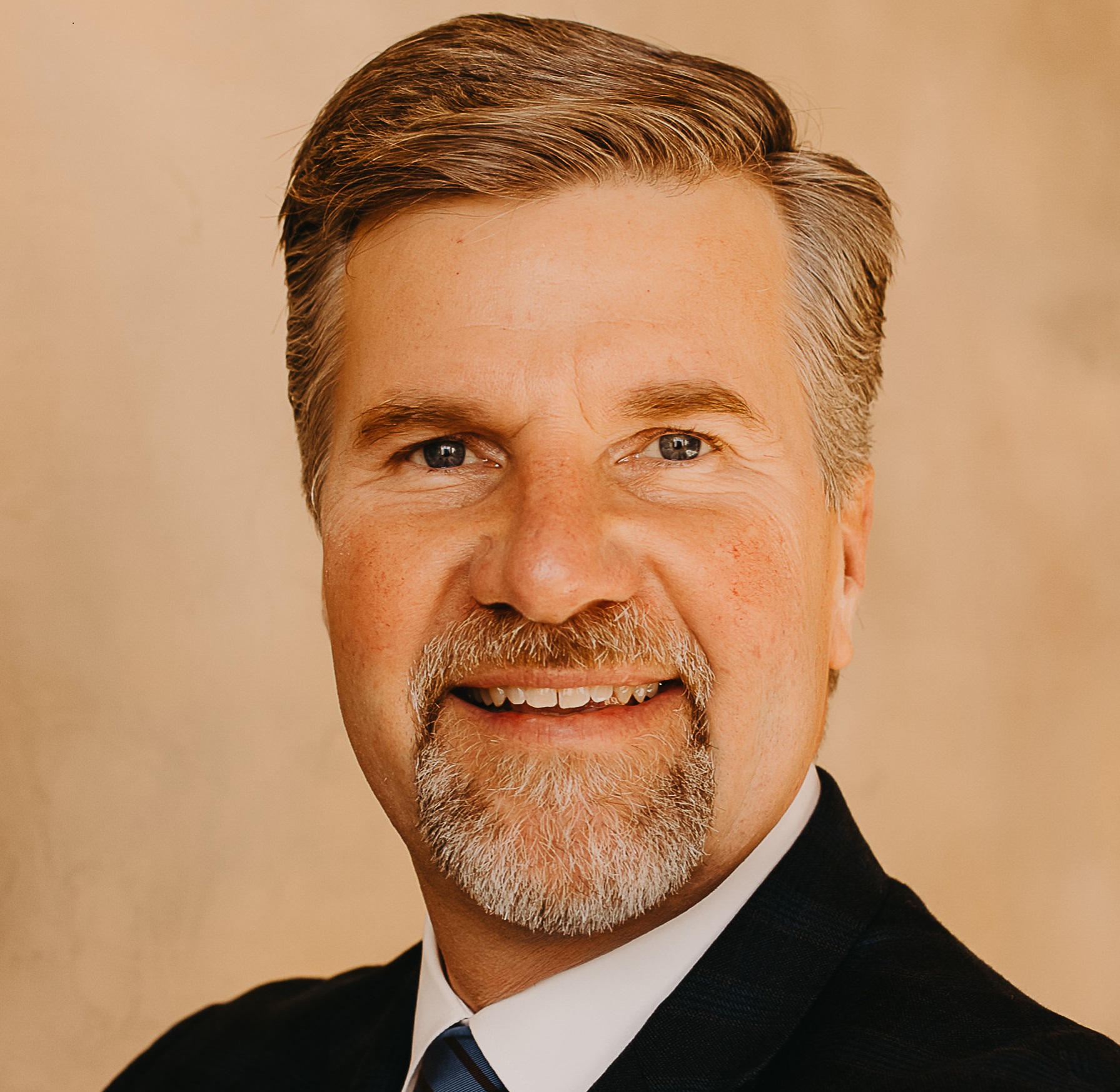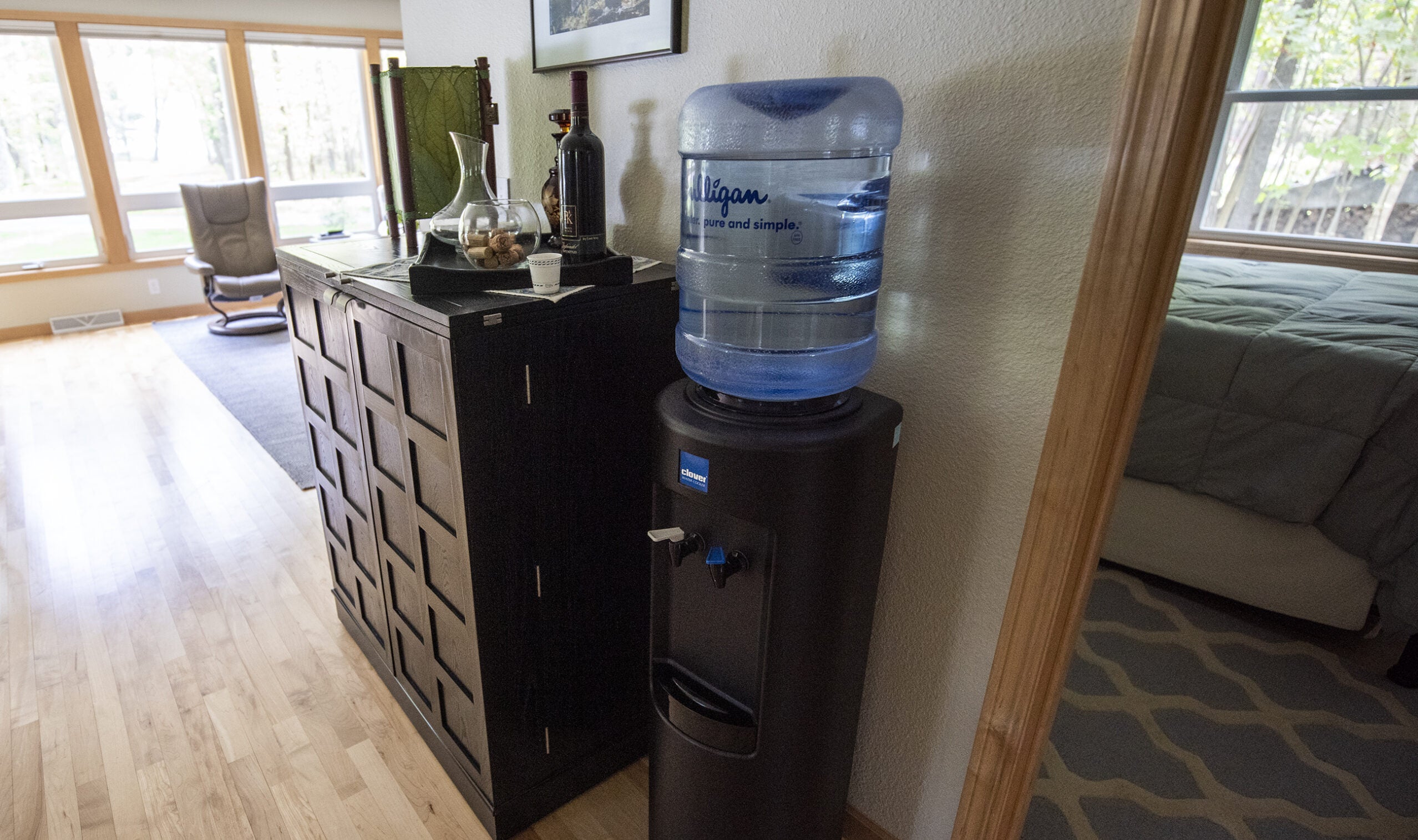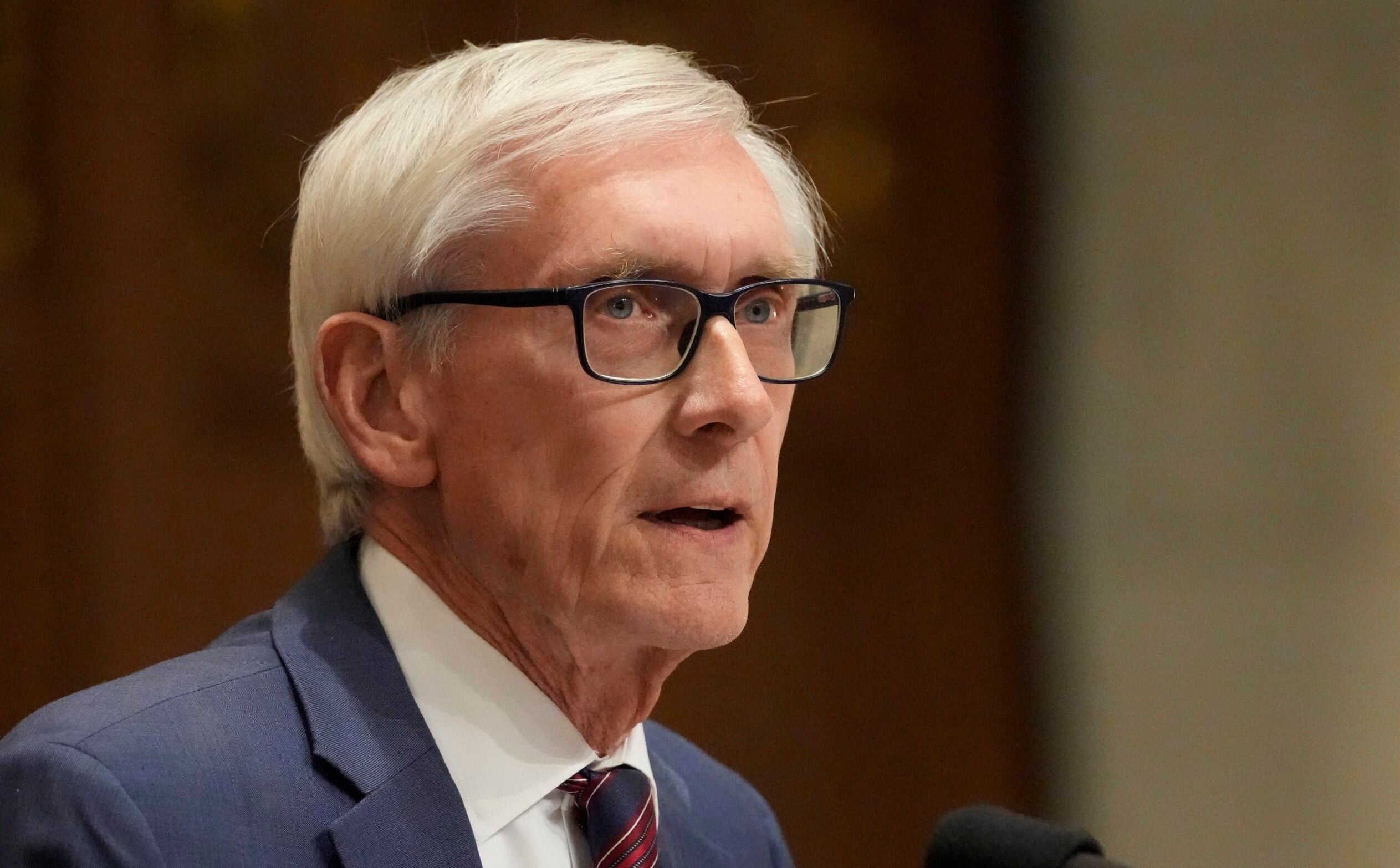As Gov. Tony Evers calls for a $100 million state investment in combating PFAS, some residents of PFAS-polluted communities are skeptical the administration will reach common ground with lawmakers while still hoping for a bipartisan solution.
During his State of the State address Tuesday, Evers announced more than $100 million in initiatives under the next two-year state budget to add more staff and resources, support local governments, and increase testing and monitoring of the so-called forever chemicals. That investment would need approval from the Republican-led Legislature, which has signaled it’s unlikely to support the governor’s overall budget plan.
Evers highlighted steps that have already been taken at the state level to address PFAS pollution by setting drinking water and surface water standards for the chemicals, as well as filing a lawsuit against more than a dozen companies that used or manufactured PFAS. He also pointed to a $10 million investment aimed at removing the chemicals and other contaminants from around 1,000 private wells.
News with a little more humanity
WPR’s “Wisconsin Today” newsletter keeps you connected to the state you love without feeling overwhelmed. No paywall. No agenda. No corporate filter.
But nearly four years after Evers declared 2019 the “Year of Clean Drinking Water,” the governor said his administration’s efforts to tackle PFAS pollution have been “obstructed, delayed or outright rejected.”
“I implore you, again, to join me in this fight,” Evers said. “The work we must do to address PFAS and other contaminants grows harder and more expensive with each day of delay. Partisan politics cannot keep getting in the way of this work while Wisconsinites worry about the water coming from their tap.”

On Wednesday, Evers’ new Department of Natural Resources Secretary Adam Payne echoed those sentiments during a meeting of the Wisconsin Natural Resources Board.
“When I think of PFAS in particular, I know there are a couple of states around us who seem to be a little better positioned right now than we are, and we’re going to need the Legislature to step up and work with us to make sure that we are equipped to help local governments and individuals and families be sure that they have clean water,” Payne said.
PFAS, or per- and polyfluoroalkyl substances, represent a class of thousands of synthetic chemicals widely used by industry since the 1940s. They’ve been used in everyday products like nonstick cookware, stain-resistant clothing, food wrappers and firefighting foam. PFAS have been dubbed forever chemicals because they don’t break down easily in the environment. Studies have found PFAS in the blood of 98 percent of Americans, and research shows high exposure to the chemicals can cause kidney and testicular cancers, fertility issues, thyroid disease and reduced response to vaccines over time.
The chemicals have been detected in more than 50 communities across Wisconsin, including Superior, La Crosse, Eau Claire, Wausau, Madison and Milwaukee. The DNR is actively investigating around 100 sites for PFAS pollution, according to its website tracking environmental cleanups.
The Peshtigo and Marinette area has been subject to the DNR’s longest-running investigation into PFAS contamination of private wells stemming from Tyco Fire Products’ fire training facility.
Doug Oitzinger, a member of the Marinette Common Council, watched the crowd of lawmakers from the Assembly Chambers on Tuesday evening. He said he was disheartened to see that little or no Republicans applauded or stood when Evers announced his proposed investment to address PFAS.

“If it can’t get through the Republican Assembly and Senate, it’s not going to become law no matter how much the governor wants it,” Oitzinger said.
GOP lawmakers didn’t signal much support for any of the governor’s suggested investments. Senate Majority Leader Devin LeMahieu, R-Oostburg, and Assembly Speaker Robin Vos, R-Rochester, voiced concern over Evers’ spending proposals and government expansion.
“He sure is trying to spend a lot of money,” LeMahieu told reporters after the speech. “We’ll see in a month what his budget all entails, but I was trying to add up the numbers going along, and he’s trying to spend a lot of the hard-earned taxpayer money of Wisconsin.”
Representatives for LeMahieu and Vos didn’t immediately return requests for comment Wednesday on the governor’s funding proposal for PFAS. Town of Peshtigo Chair Cindy Boyle said she would love to see her hard-earned tax dollars go toward ensuring safe water.
“I bet a lot of other people would, too,” Boyle said.
Residents in the town of Campbell on French Island are among those who have been relying on bottled water as PFAS has contaminated private wells. Lee Donahue, a town supervisor, said residents of small rural communities need action now.
“This amount of money is going to be needed to fix the problem, and anything short of it is really going to be ineffective,” Donahue said.
Some Republican lawmakers have recently signaled support for using the state’s budget surplus that’s now estimated to be $7.1 billion, including Irma Republican Sen. Mary Felzkowski. The Milwaukee Journal Sentinel reported that Felzkowski said Republicans and Democrats may find common ground on addressing the problem. Rep. Rob Swearingen, R-Rhinelander, said the Legislature may bring proposals forward to address the chemicals.
“PFAS mitigation efforts are a priority for my district. I was encouraged to hear that Governor Evers agrees with me that this problem needs a solution,” Felzkowski said in a statement to WPR. “I will be cautiously waiting to see how Governor Evers backs up his words in his budget proposal, and I look forward to working on this issue with my colleagues.”
Both Boyle and Oitzinger said it may take pressure from voters who are concerned about their water quality before Republican lawmakers and the Evers administration reach a consensus.
The Legislature did enact a bipartisan proposal to bar the use of firefighting foam that contains PFAS, but Oitzinger noted a joint rules committee chaired by Republicans weakened a proposed rule to put the law into effect.
While Oitzinger remains skeptical, Boyle said she’s optimistic.
“There’s a ($7 billion) surplus, so pretty tough to argue that you should take that kind of funding out when it’s desperately needed for people’s safety,” she said.
Wisconsin Public Radio, © Copyright 2026, Board of Regents of the University of Wisconsin System and Wisconsin Educational Communications Board.






